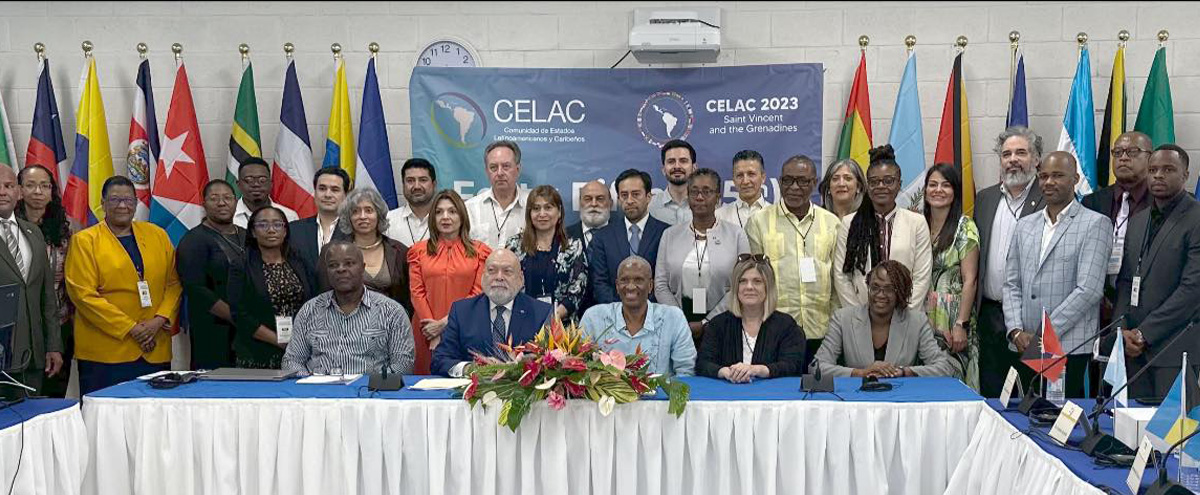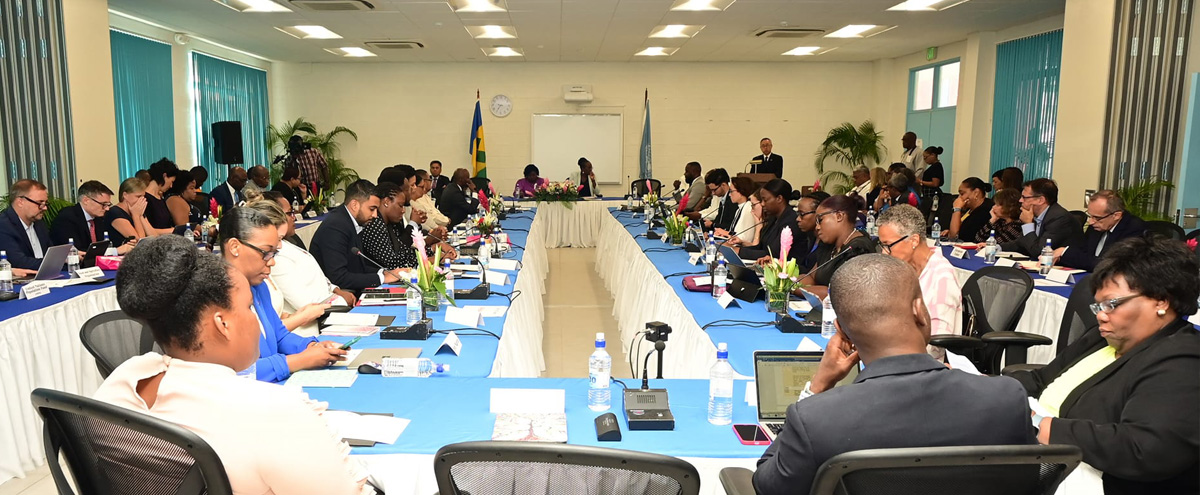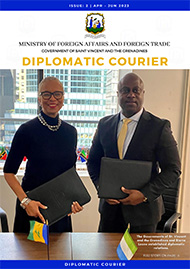
Minister
Welcome
Welcome to the website of the Ministry of Foreign Affairs and Foreign Trade. The Ministry is responsible for coordinating Saint Vincent and the Grenadines' relations with foreign governments, as well as regional and international organizations. It seeks to create opportunities for Saint Vincent and the Grenadines in the field of foreign trade through the negotiation and monitoring of the relevant agreements and treaties.
GETTING TO KNOW THE EPA: Provisions on Services and Investment
Does the EPA text include provisions on Services and Investment?
Yes. The EPA contains a comprehensive section on Investment and Services as well as common rules on E-commerce.
Why does the EPA include provisions on Investment?
While European investments into CARIFORUM have generally increased over the last decade, investment flows in recent years have been stagnant in most non-tourism sectors. The Parties agreed to investment liberalization in the EPA, in order to establish rules that facilitate the easier flow of investment across the borders of the European Union and all CARIFORUM countries, and a reduction in discriminatory treatment of foreign investors within their respective territories, and greater predictability and transparency. Such an agreement will benefit CARIFORUM countries in terms of transfer of technology, creation of jobs, quality products and services; while creating a more favourable investment climate for their investors in the European Union. The EU is a significant outward investor, with nine (9) EU members ranking in the top twenty leading outward investor economies. Therefore a properly managed relationship with the EU should create viable opportunities for CARIFORUM, and stimulate growth and dynamism in EU investment flows to the Caribbean.
What are the provisions on Investment in the Agreement?
The EPA rules on investment prescribe the conditions of market access in manufacturing, mining, agriculture and forestry, and service sectors in European and CARIFORUM states. Except for some sensitive sectors, both the EU and CARIFORUM have liberalized several areas of manufacturing. However, public services and utilities and other sensitive sectors have not been opened to foreign participation. CARIFORUM has maintained special reservations for small and medium enterprises in some sectors. The EU also has excluded a few sectors and maintains reservations in some sectors for some of its newer member states. In the European Union (EU), CARIFORUM investors will be treated in the same way as nationals of the European Union. This means that CARIFORUM investors within the EU would be treated no less favorably than domestic EU investors within the EU, and vice versa. In addition, most-favoured nation treatment will apply, which means that investors from a ‘third country’, a country that is not Party to the EPA, will not be given better treatment than CARIFORUM investors within the EU, and vice versa. The EPA includes provisions which guarantee that investment liberalization does not result in high social and environmental costs. This has been facilitated through the inclusion of rules that ensure that investors safeguard the Environment and maintain high labour and occupational health and safety standards. Furthermore, it forbids investors from engaging in corruption to get special concessions from public officials.
Does the EPA include provisions on Agriculture and Fisheries?
Yes! There is a full chapter dedicated to agriculture and Fisheries! Not only are the provisions under this chapter aimed at increasing the competitiveness of this sector but they are aimed at securing the sustainable development and exploitation of CARIFORUM’s Agriculture and Fisheries sector. Emphases were placed on improving diversification, this sector’s viability, and its capacity to be a facilitator of poverty eradication.
Has CARIFORUM Committed to ‘opening up’ all aspects of this sector to the Europeans?
No. In addition to duty free/quota free access for all CARIFORUM goods, CARIFORUM has been able to ensure that a number of CARIFORUM products, including some agricultural products are excluded indefinitely from liberalization within the EPA to ensure that local producers are protected. Sensitive goods have protection from liberalization in some cases up to 25 years. Furthermore, provisions are made to remove tariffs from 80% of goods imported from the EU gradually over a 15 year period.
Even though CARIFORUM liberalization is phased, wouldn’t Europe have an unfair advantage because of its ability to subsidize their agricultural sector?
No. The EU is obligated under the EPA to eliminate export subsidies on all agricultural products for which CARIFORUM has agreed to liberalize. On the other hand, CARIFORUM is not required to eliminate export subsidies which are sanctioned by the WTO under the Agreement on Agriculture and the Agreement on Subsidies and Countervailing Measures.
Have there been any funding commitments from the EU to development Agriculture and Fisheries?
Yes. The EU has made specific commitments on development cooperation the aim of which is to allocate funding to core areas essential to the development of the sector. These include:
- Improvement in the competitiveness of potentially viable production, including downstream processing through innovation, training, promotion of linkages and other support activities, in agricultural and fisheries products, including both traditional and nontraditional export sectors;
- Development of export marketing capabilities, including market research, both for trade between CARIFORUM States and trade between the CARIFORUM States and the EU, as well as the identification of options for the improvement of marketing infrastructure and transportation, and the identification of financing and cooperation options for producers and traders;
- Compliance with and adoption of quality standards relating to food production and marketing, including standards relating to environmentally and socially sound agricultural practices and organic and non-genetically modified foods;
- Promotion of private investment and public-private partnerships in potentially viable production;
- Improvement in the ability of CARIFORUM operators to comply with national, regional and international technical, health and quality standards for fish and fish products;
- Building or strengthening the scientific and technical human and institutional capability at regional level for sustainable trade in fisheries products, including aquaculture; and
- Supporting the process of dialogue referred to above.
What about the treatment of other traditional exports like rice and bananas?
For a period of two years leading up to full duty-free and quota-free access, CARIFORUM rice exporting countries will be given quotas of 187,000 tons for 2008 and 250,000 tons for 2009. The quotas will be duty-free compared to the approximately €65 per tonne currently paid. The present quota available to the ACP (Guyana and Suriname) amounts to 145,000 tonnes and the proposed quotas for 2008 and 2009 would therefore represent increases of 29% and 72%, respectively. Furthermore, the new arrangement makes no distinction between whole grain and broken rice, which means that CARIFORUM exporters should be better able to target the higher-priced market for whole grain rice, once supplies are available. In addition, the Agreement contains a Joint Declaration committing the EU to keeping the licensing and other arrangements relating to the quota under review with aim of ensuring that CARIFORUM exporters obtain the maximum benefit from the trade.
Bananas will gain full duty-free and quota-free access to the EU market from the inception of the EPA. In effect, the recent ruling of the WTO dispute settlement Panel against the EU’s preferences granted to ACP banana exporters, will no longer be applicable since the duty-free preferences under the EPA are now protected under WTO rules governing free trade areas.
The Agreement also contains a comprehensive Joint Declaration on Bananas in which the importance of the industry to several CARIFORUM countries is fully acknowledged, and which also recognizes the need for the EU to maintain significant preferences for the product. Importantly, the Declaration also commits the EU to provide funding to assist the industry in making the necessary adjustments, including diversification initiatives, and addressing the social impacts that may arise from the new trading environment.
Speeches
- Message From Dr., The Honourable, Ralph E. Gonsalves, Prime Minister, Saint Vincent And The Grenadines To Mark The Thirty-eight (38th) Anniversary of Independence
- 72nd UNGA Statement by Minister of Foreign Affairs Sir Louis Straker
- Address To The 46th General Assembly Of The OAS by Hon. Camillo Gonsalves
- Eight Session of the WTO Ministerial Conference
- Minister's Speech


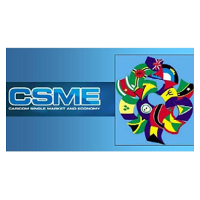
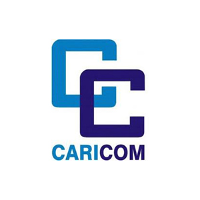
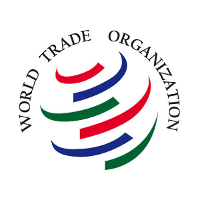
Website developed and managed by the Information Technology Services Division
Telephone: +1 784 457-1007
© 2024 Government of St Vincent and the Grenadines
